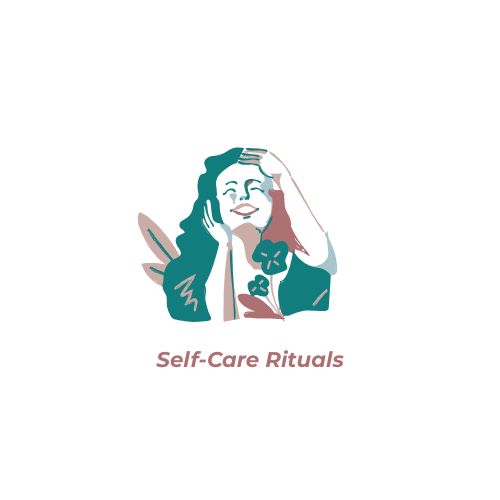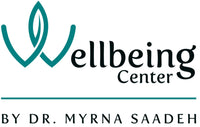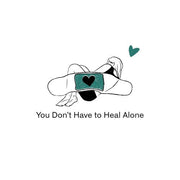Self-Care Rituals

Daily Habits That Promote Emotional and Physical Wellness
Self-care isn’t selfish—it’s survival. In a world that often demands more than we can give, nurturing yourself becomes an act of resilience, healing, and self-respect. Daily self-care rituals help you reconnect with your body, calm your mind, and create space for emotional well-being.
This blog explores practical self-care rituals that blend physical nourishment with emotional healing, mindfulness, and intention—so you can feel more grounded, balanced, and whole.
Why Rituals Matter More Than Routines
While routines are practical, rituals are purposeful. A ritual turns an ordinary moment into a sacred act of self-love. When you infuse small habits with intention, they become powerful anchors in your day—especially during times of stress or emotional overwhelm.
Morning Self-Care Rituals: Set the Tone for Your Day
Start your day with presence instead of pressure. A mindful morning creates emotional stability and nervous system support.
Try this simple ritual:
- Wake up 10–15 minutes earlier than usual.
- Begin with deep breathing or a short meditation.
- Stretch gently or do 3–5 minutes of movement.
- Sip warm lemon water or herbal tea with mindfulness.
- Speak an affirmation like: “I meet this day with calm and clarity.”
Midday Check-In: Pause, Breathe, Reconnect
The middle of the day is often when energy dips or stress builds. A self-care pause allows you to re-center and reset.
Midday ritual idea:
- Step away from screens and take 5 deep breaths.
- Place one hand on your heart, one on your belly.
- Ask yourself: “What do I need right now?”
- Take a short walk, eat something nourishing, or simply rest your eyes.
These micro-breaks build emotional awareness and resilience.
Evening Rituals: Release, Reflect, Restore
Evenings are your chance to wind down, digest the day, and prepare for deep rest.
Evening ritual practice:
- Dim the lights and turn off devices at least 1 hour before bed.
- Take a warm bath, use essential oils, or do gentle stretches.
- Journal with prompts like: “What did I learn today?” or “What am I ready to release?”
- Try a calming meditation with the affirmation: “I am safe to rest. I am held by the stillness of this night.”
Even 10–15 minutes of intentional slowing down can help reset your sleep cycle and your emotions.
Emotional Healing Through Daily Self-Care
Self-care rituals do more than calm the body—they help you process emotions in real time.
Ways to integrate emotional healing:
- Use breathwork to move through anxiety or overwhelm.
- Speak gently to your inner child when you feel triggered.
- Use hypnosis or visualization to let go of old emotional patterns.
- Celebrate small emotional wins—like setting a boundary or saying no.
When self-care includes emotional awareness, it becomes a powerful healing practice.
Affirmations to Anchor Your Self-Care Practice
Words shape your inner world. Add these affirmations to your daily rituals:
- “I honor my needs with love and kindness.”
- “Caring for myself is a daily act of devotion.”
- “I give myself permission to rest, heal, and grow.”
Repeat them aloud, write them on mirrors, or include them in your journal.
Final Thoughts: Self-Care Is Your Foundation
True wellness isn’t built in a day—it’s cultivated through simple, consistent acts of care. Whether it’s a mindful morning, a midday pause, or an evening wind-down, your daily rituals become the foundation for deeper emotional healing, physical vitality, and personal empowerment.
Need help creating your own self-care ritual?
Check out our Self-Care Starter Kit, guided meditations, or personalized sessions designed to help you build supportive habits with ease and intention.






